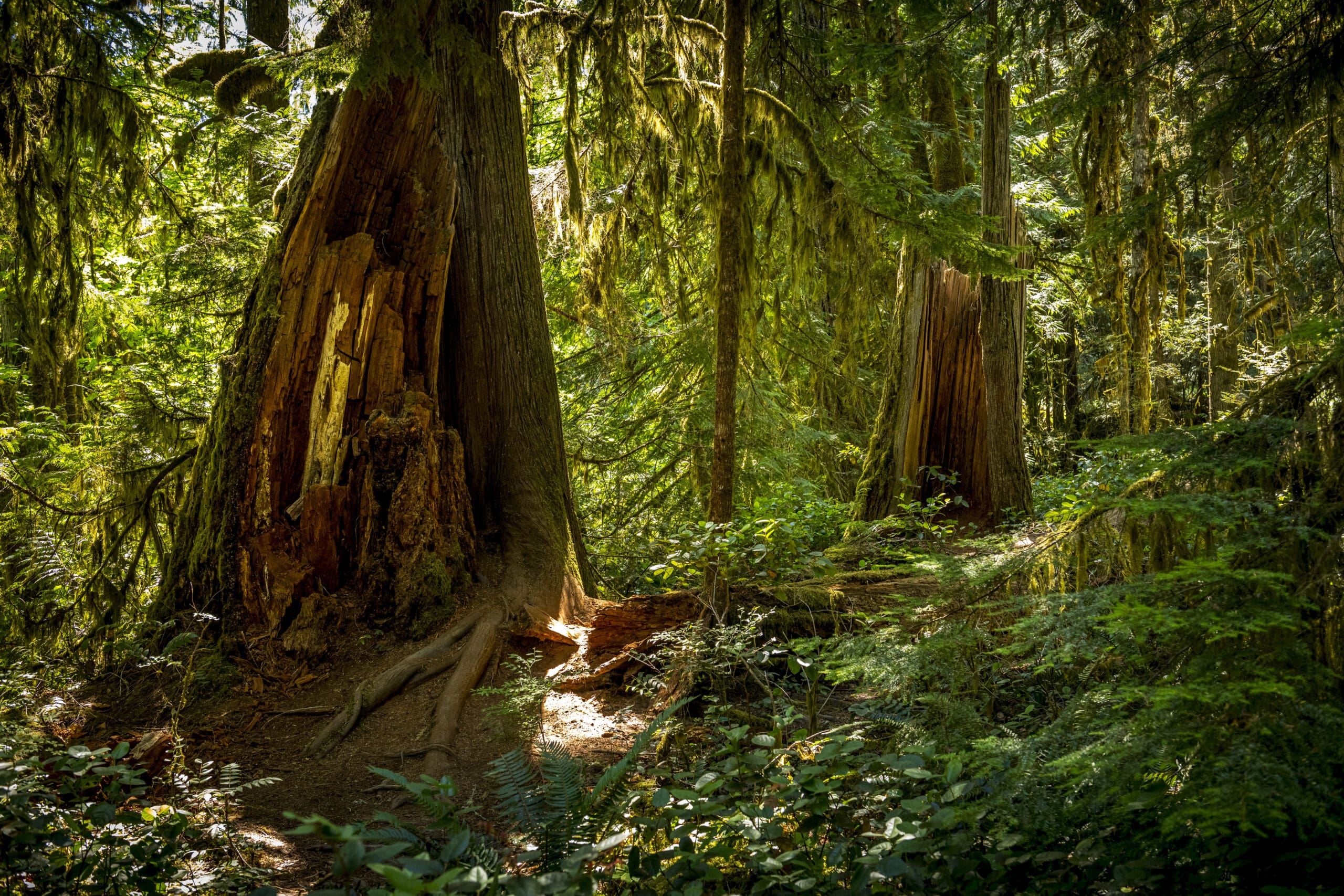CLICK HERE TO VIEW THE FULL REPORT
(Vancouver) Between 2013 and 2016, more raw logs were shipped from BC than during any other four-year period in the province’s history, prompting two forest industry unions and three leading environmental groups to call for a ban on raw log exports from old-growth forests and bold government action to stimulate BC’s flagging forest sector.
The call follows new research released today by the Canadian Centre for Policy Alternatives’ BC Office (CCPA-BC) that shows how exports of raw, unprocessed logs are surging. If these logs were processed in some of BC’s hardest hit forestry communities, at least 3,600 new jobs could be generated.
“This carnage has to stop,” says Arnold Bercov, president of the Public and Private Workers of Canada (PPWC), one of two unions representing BC pulp and paper mill workers.
“Last year, BC forest companies exported enough raw logs to frame nearly 134,000 homes, which equals roughly half of Vancouver’s single-family homes. Thousands of good-paying jobs in rural communities are at risk every day that the government fails to act,” he added.
The PPWC, along with Unifor, Canada’s largest private sector union, the Ancient Forests Alliance, Sierra Club of BC and the Wilderness Committee, say the Province should enact a bold three-point plan to curb exports and stimulate jobs.
- Place an immediate ban on all exports of raw logs from old-growth forests.
- Immediately impose progressively higher taxes on log exports from second-growth forests to encourage investment in domestic mills.
- Introduce new policies to increase value-added forest manufacturing and jobs in rural and First Nations communities.
“We are extremely troubled by present trends. BC’s biggest log exporters are decimating old-growth forests and exporting huge numbers of raw logs while the industry continues to bleed manufacturing jobs,” says Torrance Coste, Vancouver Island campaigner for the Wilderness Committee. “Worse, the industry is on the same dangerous path in younger, second-growth forests which are our only hope for the future. ”
Four years of log export data analyzed by CCPA-BC researcher and resource policy analyst Ben Parfitt uncovered a number of disturbing trends in log exports from BC.
- Between 2013 and 2016, nearly 26 million cubic meters of raw logs, with a combined sales value of more than $3 billion, were shipped from BC – more than any other four-year period since record keeping began.
- More than one third of raw logs exported in the past five years came from centuries-old old-growth forests.
- Most log exports in the past five years came from public lands under direct provincial control, not from private lands where the BC government has no jurisdiction, which is a sharp reversal from previous norms.
- Nearly half of BC’s log export trade is dominated by member companies of the Coast Forest Products Association, one of BC’s most-powerful lobbies for continued raw log exports.
“One huge concern for forest industry workers and environmental organizations alike is that the door appears to be wide open for companies to close sawmills and simply increase their log exports. That is a recipe for disaster for our environment, our economy and rural and First Nation communities,” Parfitt says.
For media inquiries, contact: [email protected].













